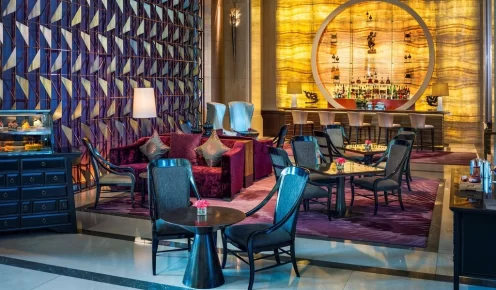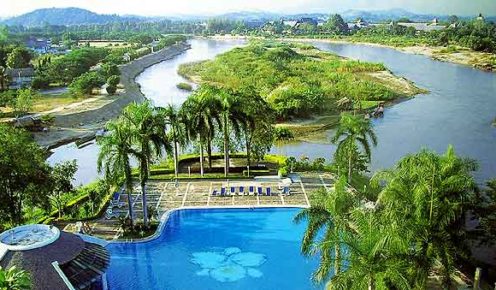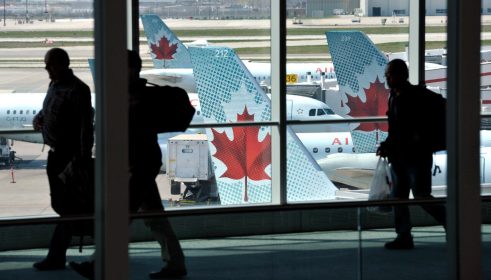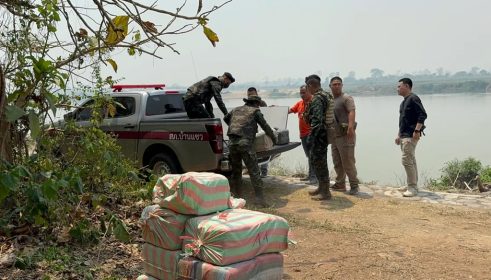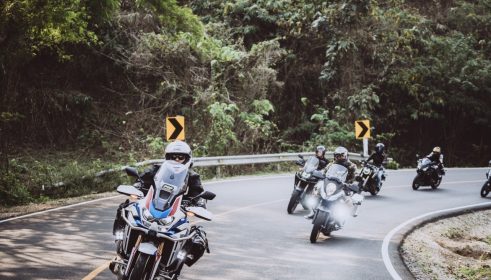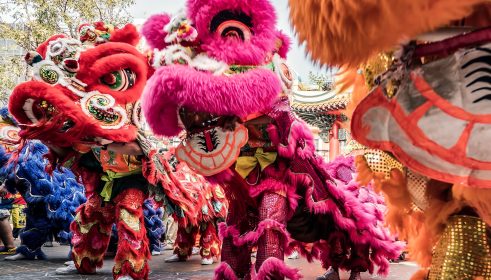CHIANG RAI – In the Northern region, Chiang Rai is famous for trekking and adventure tours as well as being a gateway into neighbouring countries. The Legend Resort and Spa there welcomes numerous Western visitors all year around.
General manager Makoo Techasopon said the hotel was running an average year-around occupancy rate of 50 per cent. The average room rate is more than Bt2,000 a night and could go up to Bt4,000 in the peak season, which is higher than many other hotels the province.

Most of four- and five-star hotels in Chiang Rai charge Bt2,500-Bt10,000 per night in this under-supplied market. The most expensive one is The Tent Camp, with prices of up to Bt50,000 per package, while the lowest rate is Bt500 for a small guest-house room.
Makoo said 80 per cent of The Legend’s guests were from overseas, particularly European countries such as Italy, Germany, France and Spain. Only a few come from China, Japan and other nations in Asia. The remaining 20 per cent are from the local market.
Located on the banks of the Kok River in the city of Chiang Rai, the hotel offers guests sunbathing during the summer season and river cruises and rafting in the rainy season. They can also go camping or trekking in the mountains during cool times of the year.
“This is why we have many foreign customers. They come to enjoy these activities,” Makoo said.
He added that a lot of tourists would continue trips into Myanmar, Laos and southern China after Chiang Rai. These adventure tourists normally would not return to Thailand.
According to the hotel, most of its customers are supplied by a local travel and hotel-management chain, Serenata Hotels and Resorts, which also owns and operates NS Travel and Tours based in Bangkok.
The Legend itself, however, is pushing for more sales through new-media channels such as Facebook and its website. It often joins travel fairs in Bangkok to promote the property and boost sales.
At least four other hotels in Chiang Rai, namely Dusit Island Resort, Phowadol Resort and Spa, Le Meridien, and Imperial River House, are enjoying similar foreign markets. However, they are charging somewhat higher rates of Bt2,500-Bt4,000 per night.
According to Isra Stapanaseth, director of the Tourism Authority of Thailand’s Chiang Rai office, there are about 500 hotels and resorts there with a total of 15,000 rooms. Compared with Chiang Mai, the hotel business in Chiang Rai is running well, as it is not a very competitive market.
Last year, the province welcomed 2.8 million tourists. Of this figure, 80 per cent were Thais and 20 per cent foreigners. They generated Bt10.8 billion in revenue. The TAT expects the number of tourists will reach 3 million next year and bring in revenue of Bt20 billion.
Tourism in the province was hit hard during the political crackdown in May and June and was disturbed again by an earthquake, but business is expected to return to normal in the coming high season.

